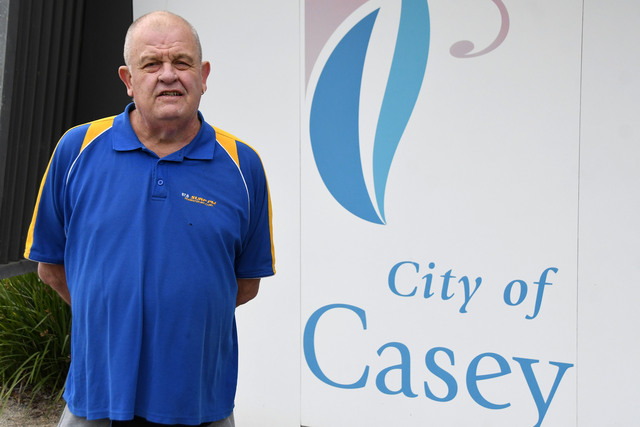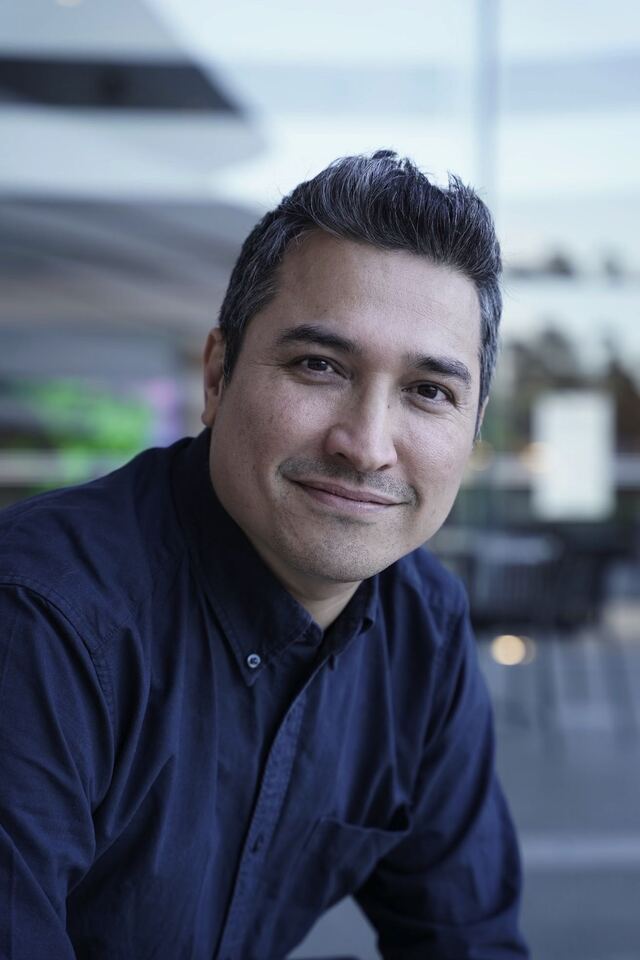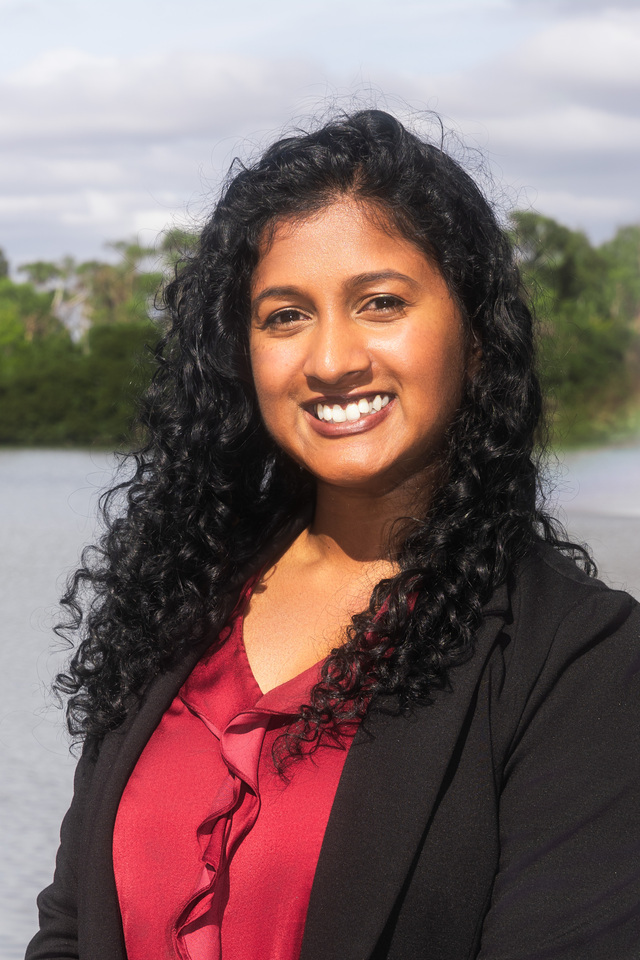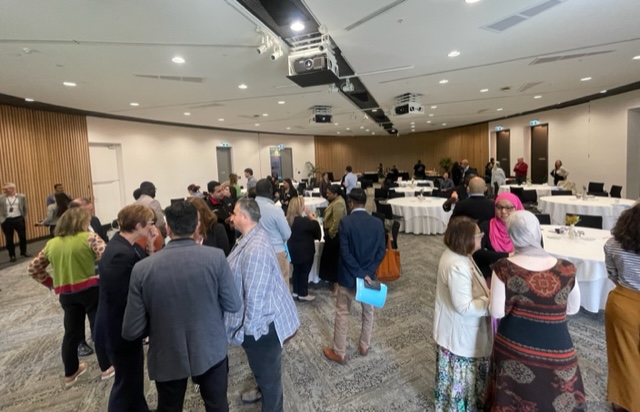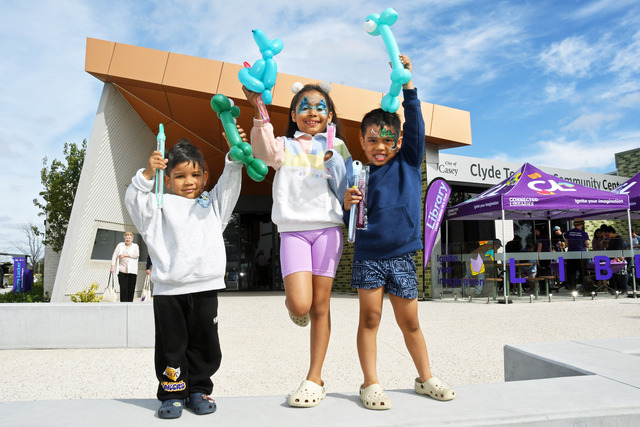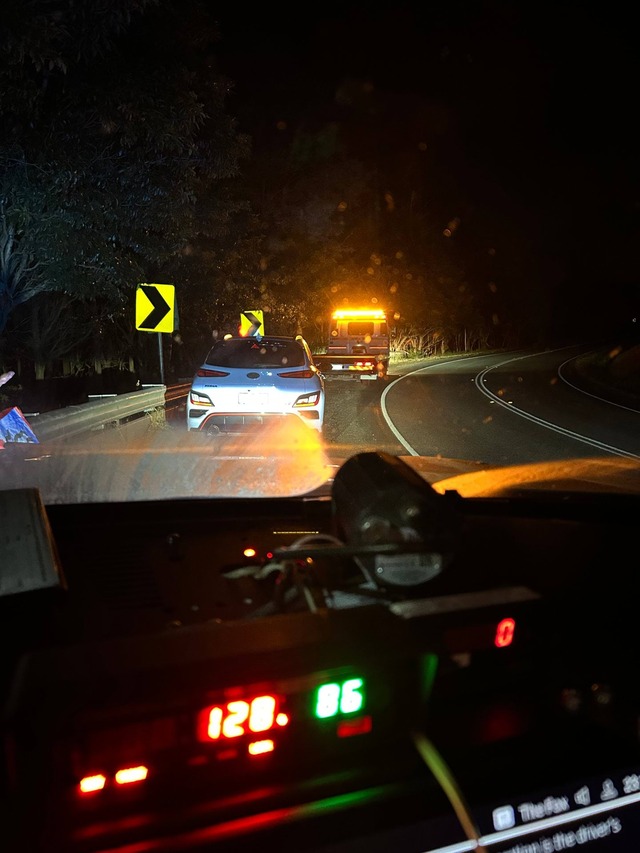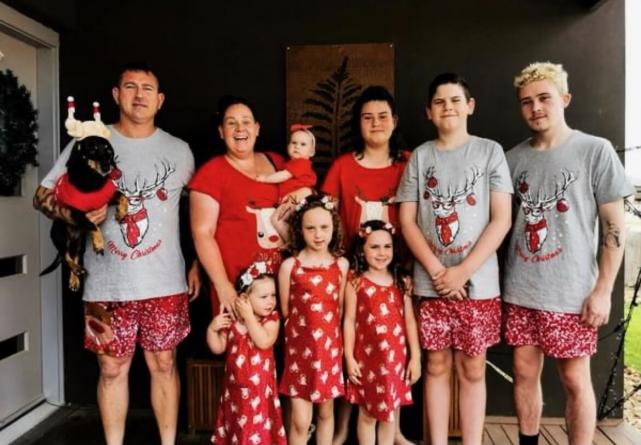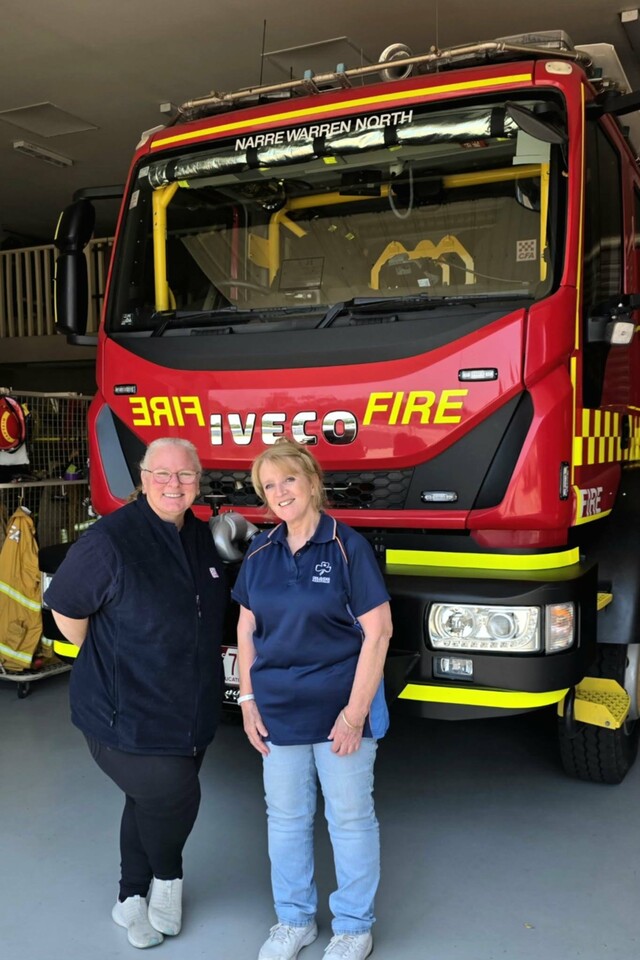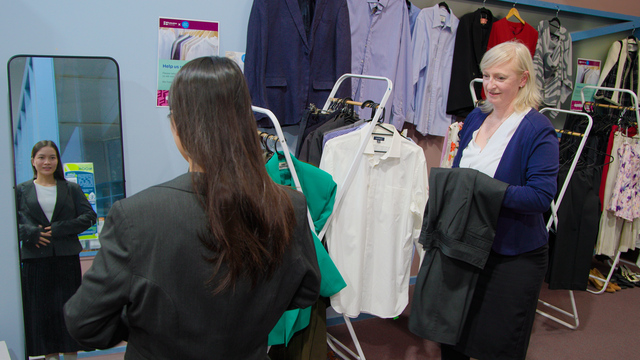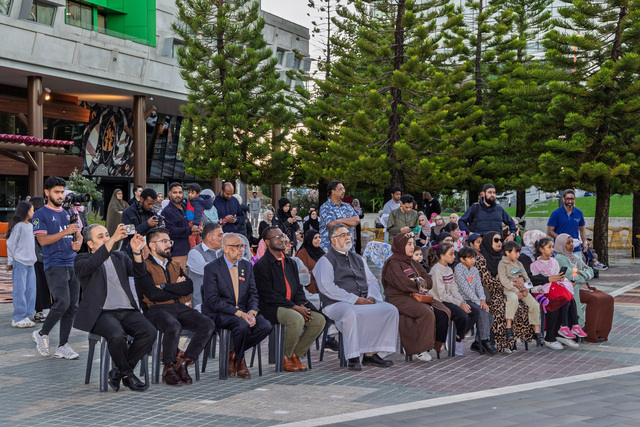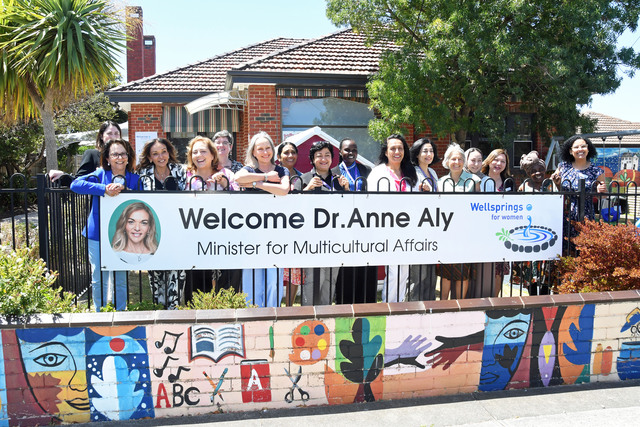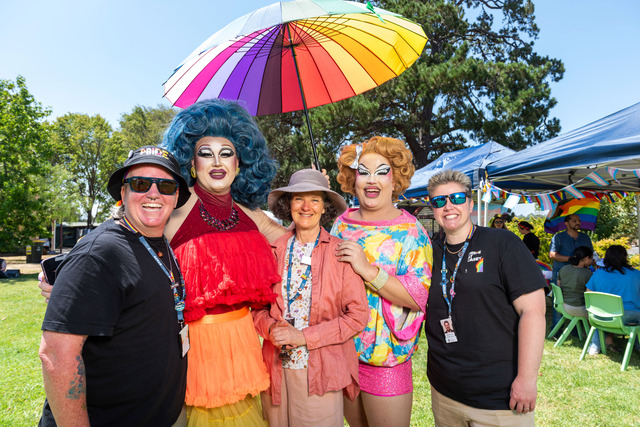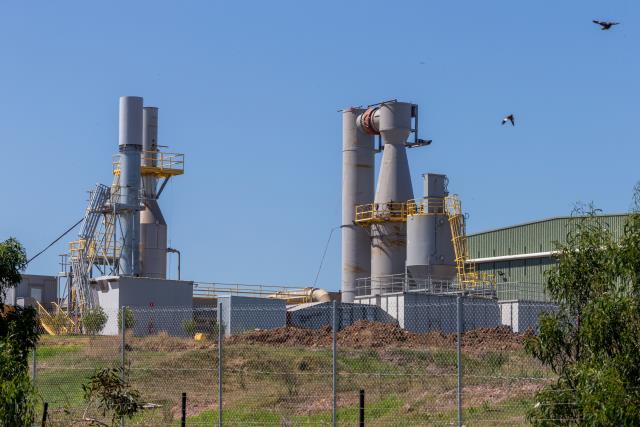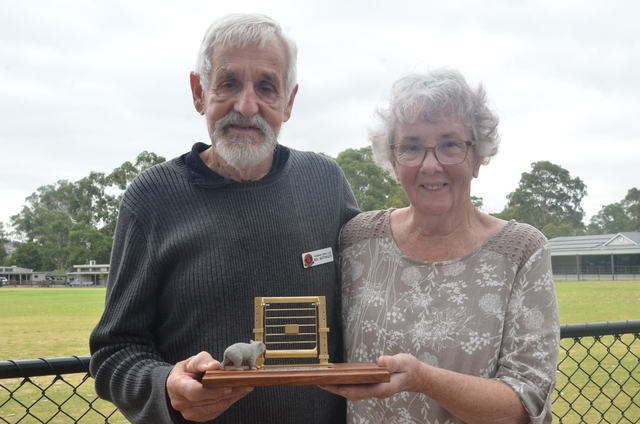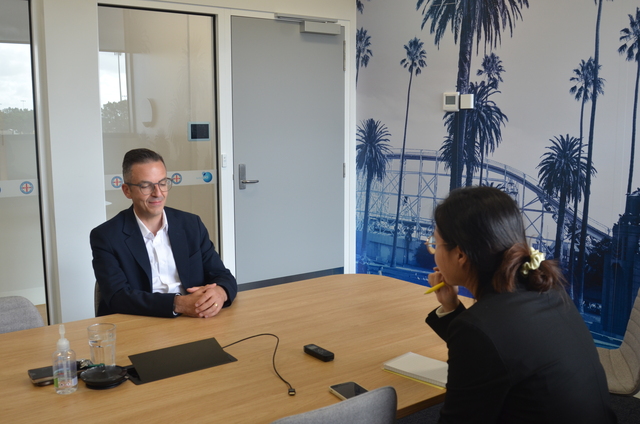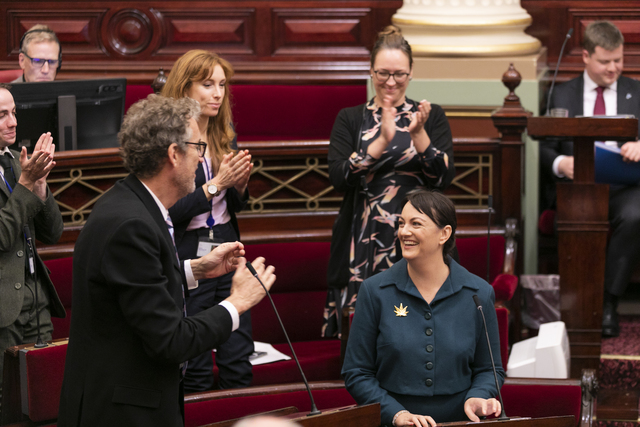Independent Casey Council candidates in the south say they are frustrated at the preferential voting strategies by party-affiliated candidates in their respective wards.
As Star News understands, about 12 out of 42 Casey South candidates across six wards, including Correa, Cranbourne Gardens, Kowan, Quarters, River Gum, and Tooradin, are Labor members, one Libertarian, one Liberal, and two Freedom. None of the Labor members in the Casey South have been endorsed by the party.
According to the Australian Labor Party Victorian Branch Rules 2023, any party member standing for election to a municipal vacancy shall be required to direct preferences to any other party member standing for the same vacancy before any other candidate, unless exemptions apply.
Kowan Ward independent candidate Jawad Erfani said he had seen the impact of preferential voting and how it could be frustrating.
“Especially when political parties used it to push their own agendas at the local level,” he said.
“Unfortunately, in our ward, we’ve seen party-backed candidates use preferential voting strategies to influence the outcome, which limits the chances for genuine, independent candidates like myself to represent the community without political bias.
“It’s damaging when political parties infiltrate local elections because it shifts the focus away from what truly matters—local issues that affect everyday residents.”
Kowan Ward has two Labor members, one Libertarian, and five independents.
Tooradin Ward independent candidate Anthony Tassone said there were three Labor-affiliated candidates in his ward, and they had all put each other under top preferences.
“This has not been made clear to voters the reasons behind this, and I believe political party membership, not just whether they are endorsed, should be disclosed clearly to voters in ballot packs to best inform them,” he said.
“Some candidates may indicate that they are members of a political party but are not endorsed and are running as an independent. If their political party membership rules require them to act in a certain way with preferencing then how can they seriously call themselves ‘independent’?
“They’re following a directive of a third party which is a political organisation, and that is not independent at all. While I have been doorknocking, I often get asked whether I am affiliated with a political party so it’s clearly of interest to voters.
“Political parties have enough influence at state and federal government level and have no place at local government to act in the best interests of residents.”
River Gum candidate, also a Labor member, Garry Page agreed with Mr Tassone and said as the candidate statements did not require non-endorsed party members to show their memberships, the average voter could give their votes to a candidate who would not normally receive their vote if party memberships were known.
“When I state that I’m a member of the Labor, there are likely to be some voters who prefer other political parties, to then move me further down the ballot paper. Therefore there is a slight advantage of not providing party membership information as that suppresses any negative impacts associated with a political party,” he said.
Mr Page said he was not doing any preference deals with any candidate in his ward.
“My preference is for the election of a competent and trustworthy councillor,” he said.
“Voters will decide on the merits of every candidate without my influence on their distribution of preferences. Therefore, I’m not supplying a how-to-vote card.”
Mr Page and candidate Wayne Smith in River Gum Ward are both Labor members. Mr Smith put Mr Page under number four.
Quarters Ward independent candidate Ian Wood said candidates should not be doing multiple preference deals.
Kowan Ward candidate Kasuni Mendis, who is a Labor member, said other candidates in her ward had made strategic alliances to attempt to create better preference flows for themselves.
“This I feel reduces the integrity of the preferential voting system which is to encourage voters to vote according to their own values. In my view, a candidate’s ‘How to Vote’ should be a recommendation to voters based on who is the next best to represent the community based on values,” she said.
Ms Mendis said though she was obliged to preference another Labor member Raj Nayak, she was also happy to preference Mr Nayak second based on their similar values and similar involvement with the community.
“I’m proud to say that I have been transparent and open not only about my involvement within a political party but also with how I have determined my how-to-vote recommendations…” she said.
“It could be said that those who have been transparent about their affiliations have run more transparent and honest campaigns with integrity than those who have hidden their alliances and have made deals with other candidates based on what is best for their prospects of getting elected, over what is best for the community according to their values.”
Mr Nayak, when inquired, said during his campaign, he found out voters didn’t show much rejection of any political party.
“They stick to their issues to be solved,” he said.
Quarters Ward candidate, also a Labor member, Aftab Hussain said the preferential voting system allowed voters the opportunity to cast their vote beyond their cultural and linguistic inclinations which would allow the best candidate to succeed and represent the community.
“As a member of the Labor, I have preferenced my fellow Labor members and others who have a view of improvements in the Ward,” he said.

